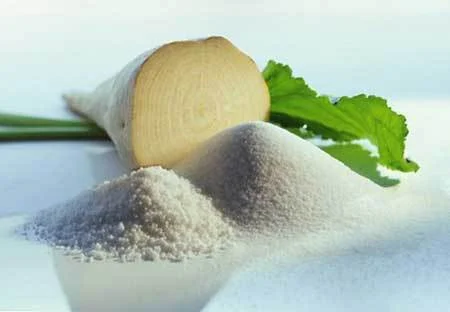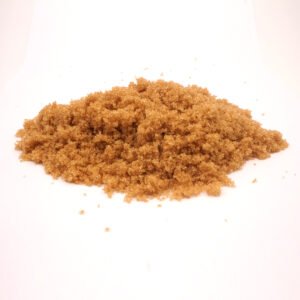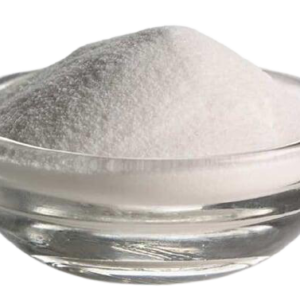Description
What is Refined Beet Sugar?
Refined beet sugar is one of the most common types of sugar found in kitchens worldwide. It comes from processing sugar beets to extract and crystalize the natural sucrose. Read on to learn how refined beet sugar is made, its characteristics, and everyday uses.
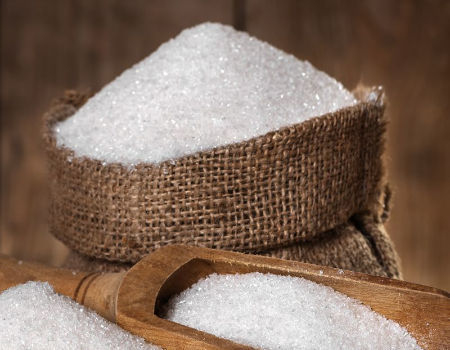
Origin of Beet Sugar
Sugar derived from sugar beets (Beta vulgaris) accounts for about 30% of the world’s annual sugar production. Sugarbeets originate from the coast of Europe and were first cultivated as a sugar source in the late 1700s when Napoleon imposed a blockade on sugar cane imports. Beet sugar production spread across Europe through the 19th century and later to North America.
How Beet Sugar is Refined
Refined beet sugar undergoes an intensive process to extract and purify the sucrose from sugarbeets. First, beet roots are washed, sliced, and soaked in hot water to draw out the sugar-rich juice. The raw beet juice is then filtered and purified using processes like carbonation, phosphatation, and ion exchange chromatography. These remove impurities.
The purified beet liquid gets concentrated through evaporation before seeding it with small sucrose crystals. As the sugar saturates the liquid solution, larger crystals form in a process called crystallization. The crystals are then separated from the fluid through centrifugation and drying. The final product is sparkling white refined beet sugar.
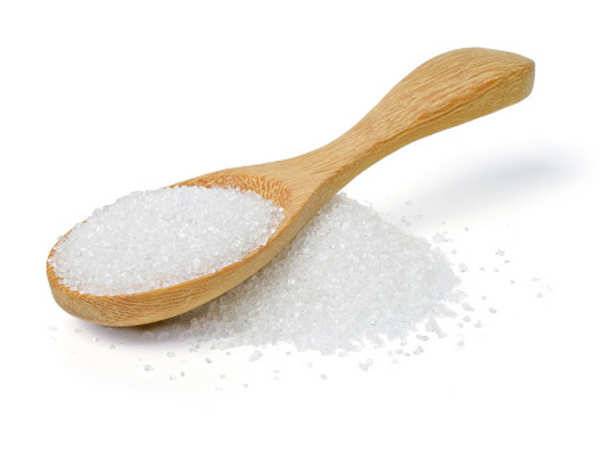
Properties of Refined Beet Sugar
- Appearance: Pure white with fine grain
- Sweetness: Medium sweetness like cane sugar
- Flavor: Neutral, clean taste
- Solubility: Freely soluble in water or liquids
- Use in Baking: Excellent performance due to purity
Using Refined Beet Sugar
The neutral flavor and reliable performance of refined beet sugar makes it ideal for a wide variety of applications:
- Sweetening beverages like coffee, tea, juices
- Baking cakes, cookies, breads, pastries
- Preserving fruit through jams, frozen treats
- Fermenting in wine, cider, vinegar
- Candy making and chocolate production
- Commercial food manufacturing
Beet sugar’s neutrality allows other ingredients’ flavors to shine while providing essential sweetness. It brings sweetness without overpowering.
The Next Time You Use Sugar…
There’s a good chance that white crystal is refined beet sugar. Worldwide, beet sugar accounts for 20% of all sugar consumption. Its efficient production from sugarbeets, purity, and versatility cement refined beet sugar as a beloved kitchen staple.
Specification Details
Product Beet Refined Sugar ICUMSA 45
Origin: Brazil
Polarization 99.80%
Moisture 0.04%
Ash Content 0.04%
ICUMSA 45 RBU
Solubility 100%, Free Flowing
Radioactivity Normal, Free from Harmful Substances
Color White
Packing 50kg Net Bags, Double Bags Available
Price CIF – Ask price
Beet Sugar Uses by ICUMSA Grade
The different ICUMSA levels each have their purpose:
- 15-30 – High purity for products like confections and beverages
- 35-45 – All-purpose sugar for retail, restaurants, and households
- 60-85 – Industrial sugar for manufacturing foods to pharmaceuticals
- 90-100 – Feedstock for processing into other products

